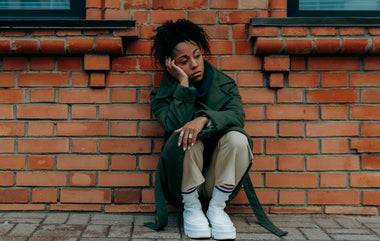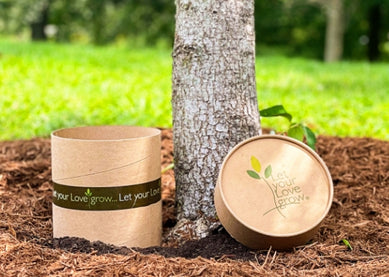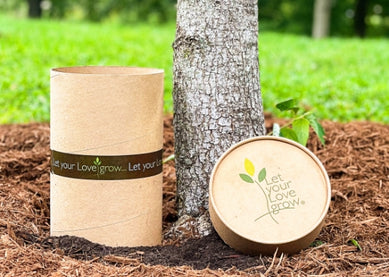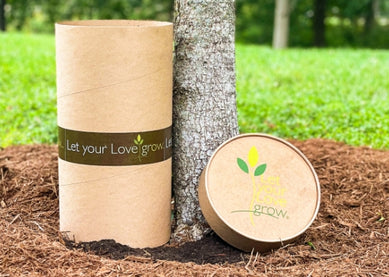Guilt and Grief
Guilt is a simple word. But guilt can easily complicate our relationships - and our grief when death interrupts them.
A woman once shared with me her wise observations on the subject:
“I’ve noticed that the more guilt I have about a person, the more difficult the grieving process is after the person’s death.
“It only took me two weeks to get over feeling heavy and sad after my grandmother died.
“I think that was because she spent a month dying in the hospital and I went as often as I was allowed, even after she stopped knowing me. I showed her before she died how I felt.
“On the other hand, I felt weighed down by the death of a supervisor at my husband’s work. I think it was because I had known about his cancer and had wanted to thank him for some kindnesses but never did.
“So when I heard about his death, it was a shock. It stayed with me for about a month.”
We humans are social animals. The death of one person ripples out to touch other lives.
Death stops the give-and-take of a relationship. It’s a rude reminder that intentions are meaningless if we never follow through.
And who of us can say we follow through on every good intention?
The death of a relative or friend reminds us of the relationship and how we played our role in it.
Did we follow through on promises or good intentions?
Did we care enough? Did we show them that we cared?
Did we say what needed to be said, even – or especially – if it was only a simple “I love you”?
Did we ease their last days on earth?
Sometimes we overdose on guilt, punishing ourselves more than we should for the actions or oversights that we regret.
But sometimes, that nagging guilty feeling is there for a reason.
Like physical pain, a nagging, guilty feeling can remind us that something is amiss, that we’re not living up the standards we set for ourselves.
That’s what I found refreshing about this woman’s remarks.
She recognized guilt for what it was – a reminder that she failed to follow through on her good intentions.
She knew this man was dying, but she waited too long to say thank you.
Of course, she felt badly about that.
But she also knew she wasn’t the prisoner of that one failure. Her experience with her grandmother proved that.
And she was clearheaded enough to recognize that nothing doomed her to repeat the failure.
One reason we dread thinking about death is that it so often brings reasons for guilt.
What would happen if we stopped putting our energy into dreading and denying death and instead used it to live our lives in ways that will give us fewer regrets and a lighter load of guilt when death interrupts our relationships?
As it surely will.
Sara Engram was for many years a columnist and editor for The Baltimore Sun and later a spice entrepreneur and early childhood educator. She now writes Mortal Matters, a free newsletter with reflections, inspiration and advice for coming to terms with death so that we can live with more joy and fewer regrets. You can read more from Sara Engram here.









